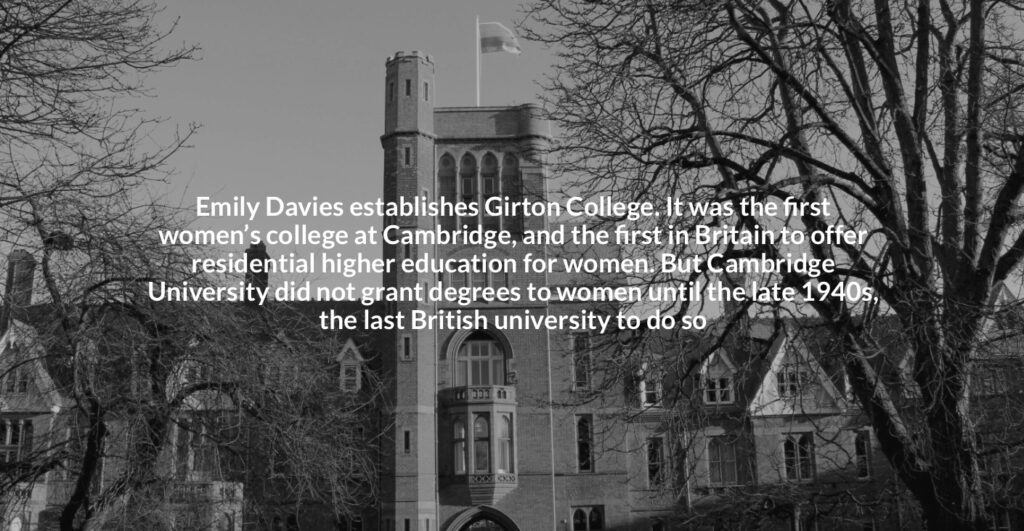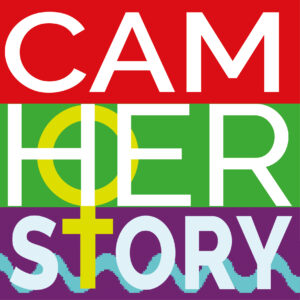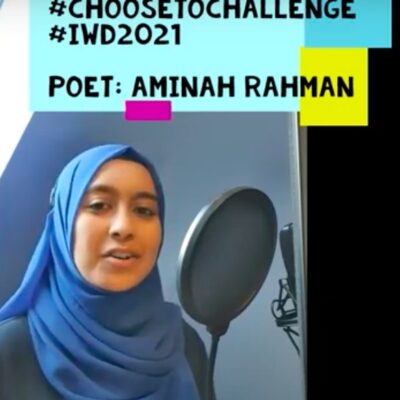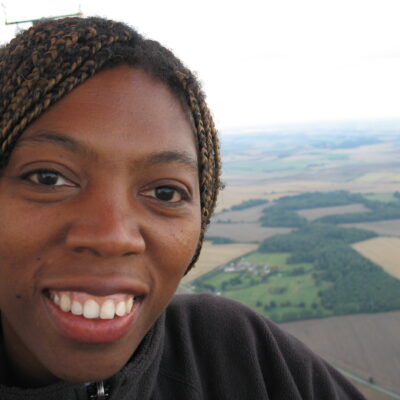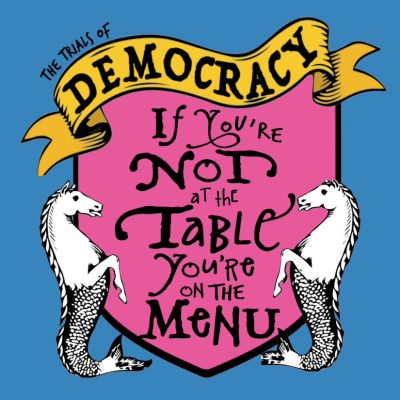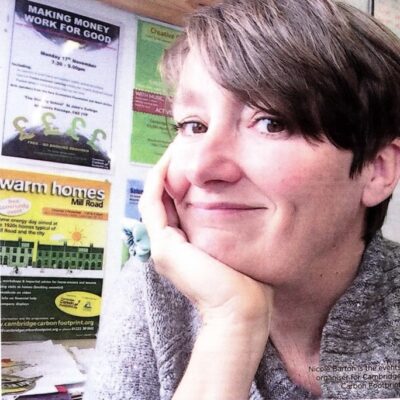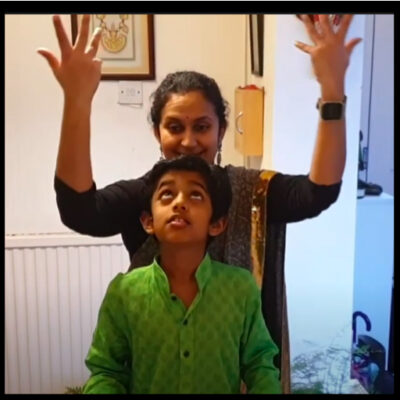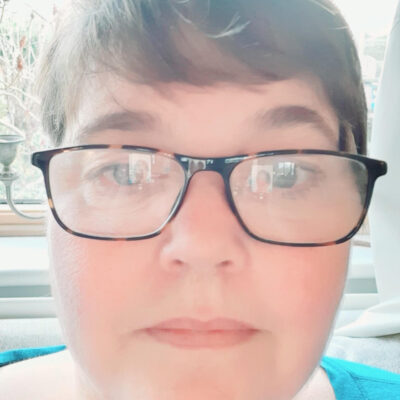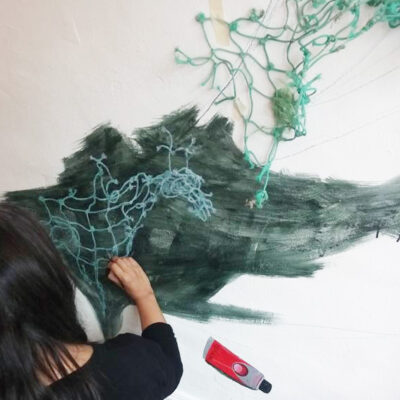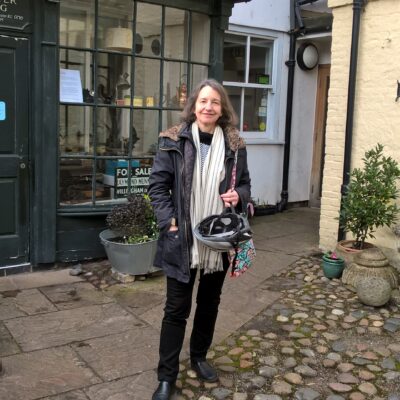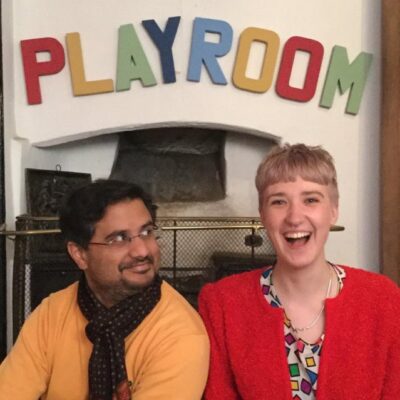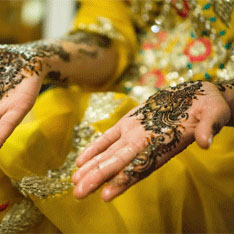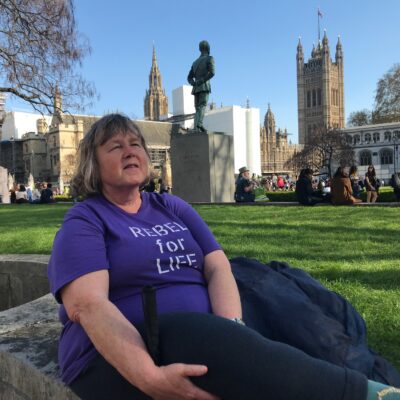Search by topic
- archaeology
- Building of Local Interest
- chapel
- charity
- church
- crime
- dressmaker
- fire
- Great Eastern Railway
- Listed building
- Mapping Relief
- medieval
- oral history
- poverty
- Public House
- Religious House
- Roman
- scholar
- school
- Then and Now
- tudor
- women
- work
- world war one
- world war two
Search by text
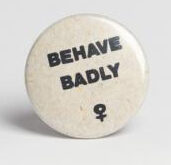 Behave Badly badge c.1970 "Jane Tillier was appointed the first woman Lay Chaplain at Jesus College in 1984. She was given this badge by Lisa Jardine, a renowned historian who studied at Newnham College between 1963 and 1973. Jardine handed the badges out to women friends, encouraging them to wear them. Tillier wore it under her clerical robes. Courtesy of the Revd Prebendary Dr Jane Tillier."
The Rising Tide. Photo credit: Stuart Roberts
Behave Badly badge c.1970 "Jane Tillier was appointed the first woman Lay Chaplain at Jesus College in 1984. She was given this badge by Lisa Jardine, a renowned historian who studied at Newnham College between 1963 and 1973. Jardine handed the badges out to women friends, encouraging them to wear them. Tillier wore it under her clerical robes. Courtesy of the Revd Prebendary Dr Jane Tillier."
The Rising Tide. Photo credit: Stuart Roberts
The Rising Tide: Women at Cambridge
An exhibition by Dr Lucy Delap and Dr Ben Griffin
The Rising Tide exhibition illuminates the deep opposition and oppression women faced, including the efforts made to keep women out of student societies, the organised campaigns to stop women getting degrees, and the hostility faced by women trying to establish careers as academics.
“Through The Rising Tide we hope to illustrate an all-encompassing picture of the incredible fight for gender equality within the University, while portraying the fascinating journeys of some of the militant, cussed and determined women of our institution too.”
Dr Lucy Delap, historian, and Fellow of Murray Edwards College
“From the founding of the first women’s college to the present day, the experience of women at Cambridge has differed greatly from their male counterparts.
Though Girton College was established especially to give women the opportunity to study at the University, there were still many barriers that women faced – the first female students were required to ask permission to attend lectures, were not allowed to take exams without special permission, and usually had to be accompanied by chaperones in public until after the First World War.
It was still not until 1948 that Cambridge began to offer degrees to women – the last of the big institutions in the UK to do so.”
The Rising Tide: Women at Cambridge
Celebrating the courage and resilience of the women of Cambridge
Cambridge Herstory is an archive and resource of Cambridge Women’s Heritage, celebrating the courage and resilience of the women of Cambridge.
The archive celebrates the contributions of women who have lived, worked and studied in Cambridge throughout the ages: from stories of women in history who changed the city for the better, and often contributed nationally to stories of women currently living in Cambridge who make massive contributions to improve the lives of their friends, family, neighbours, colleagues, community members and our city every single day.
Projects
Contribute
Do you have any information about the people or places in this article? If so, then please let us know using the Contact page or by emailing capturingcambridge@
Licence
This work is licensed under CC BY-NC-SA 4.0






